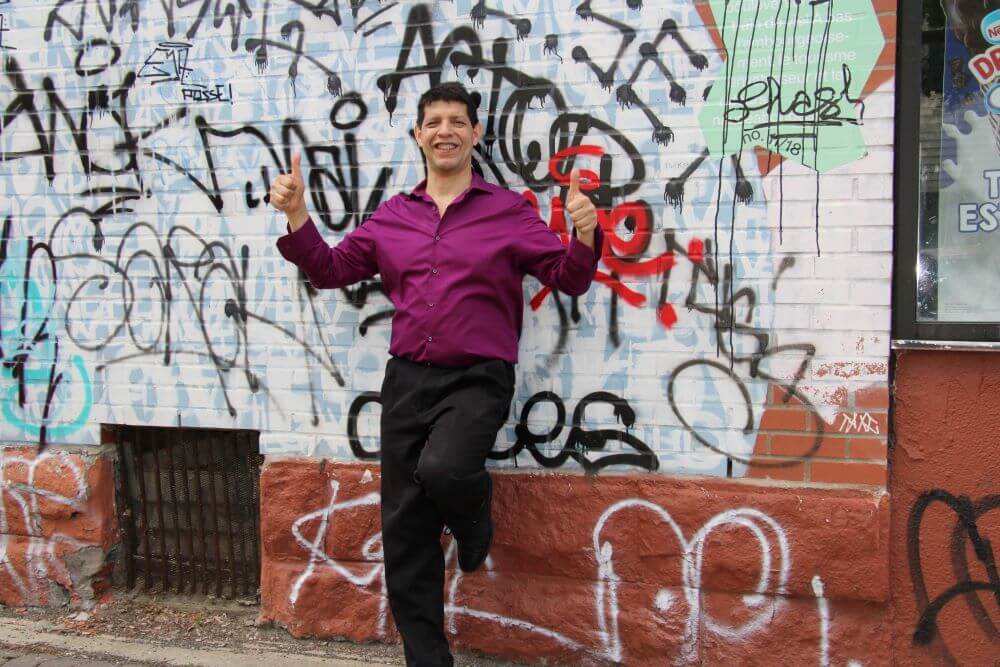In a world that often associates wealth with flashy cars and designer brands, the truly financially secure often fly under the radar. Real financial confidence doesn’t need to shout—it’s found in habits, choices, and a sense of security that speaks for itself.
Here are 8 understated signs that someone is financially well-off, even if they don’t make a show of it:
1. They’re Not Living Paycheck to Paycheck
Financial stability starts with peace of mind. Those who are well-off don’t scramble to make ends meet or panic when bills arrive. Their secret? An emergency fund and a solid budget that ensures they’re always a step ahead.
Being able to absorb life’s curveballs without financial distress is a quiet yet powerful sign of wealth.
2. Unexpected Expenses Don’t Shake Them
Have you ever seen someone handle a costly surprise—like a car repair or emergency flight—without breaking a sweat? That’s financial security in action.
This ability isn’t about luck; it’s about preparation. Their savings and careful planning shield them from life’s inevitable bumps, making financial stress a rare visitor.
3. They Invest for the Future
The wealthy often prioritize building their financial future over instant gratification. Instead of splurging on fleeting pleasures, they invest in assets like stocks, real estate, or retirement funds.
Fun fact: The top 10% of Americans own over 90% of stocks—a testament to how investing drives long-term wealth. If someone talks about compound interest more than the latest gadget, chances are they’re financially secure.
4. Experiences Take Priority Over Stuff
While others chase the latest phone or car, the financially confident spend on memories. A cooking class, a weekend getaway, or a concert means more to them than accumulating more “things.”
This isn’t just about taste; it’s a mindset. They understand that experiences bring lasting happiness, while material goods often lose their shine.
5. Generosity Comes Naturally
People who are financially well-off often have an abundant mindset, which translates into generosity. Whether it’s covering the bill at dinner, supporting a friend in need, or donating to charity, they give freely without expectation.
Generosity doesn’t always mean writing big checks—it’s about consistently sharing time, resources, or kindness.
6. Status Symbols Aren’t Their Focus
In my early years, I equated success with possessions—until I realized how hollow that approach was.
Today, I notice that the genuinely secure don’t feel the need to flaunt their wealth. Their self-worth isn’t tied to owning the latest luxury item; it’s about meaningful achievements and personal growth.
7. They Value Quality Over Quantity
Financially savvy individuals choose quality—whether it’s a durable pair of shoes, a long-lasting appliance, or meaningful relationships.
This isn’t about being frugal; it’s about making smart, intentional choices that pay off over time. Quality investments, in both life and money, reflect their financial confidence.
8. They Have a Long-Term Plan
The ultimate sign of financial security isn’t a bank balance—it’s a mindset. The wealthy think beyond today, setting clear financial goals and sticking to a plan that ensures steady growth over time.
Their discipline and foresight make impulsive decisions a rarity. They’re in it for the long game, and their stability reflects that.
True Wealth Is Quiet
Financial confidence doesn’t need an audience. It’s found in the way someone handles challenges, invests in their future, and prioritizes what truly matters.
As Warren Buffett wisely said:
“Do not save what is left after spending; instead, spend what is left after saving.”
Real wealth is less about outward appearances and more about the quiet assurance of a well-planned life. It’s not flashy—it’s freedom.
If you’re on your own financial journey, let these subtle signs inspire you to focus less on how wealth looks and more on how it feels.
Other personal finance blog posts
